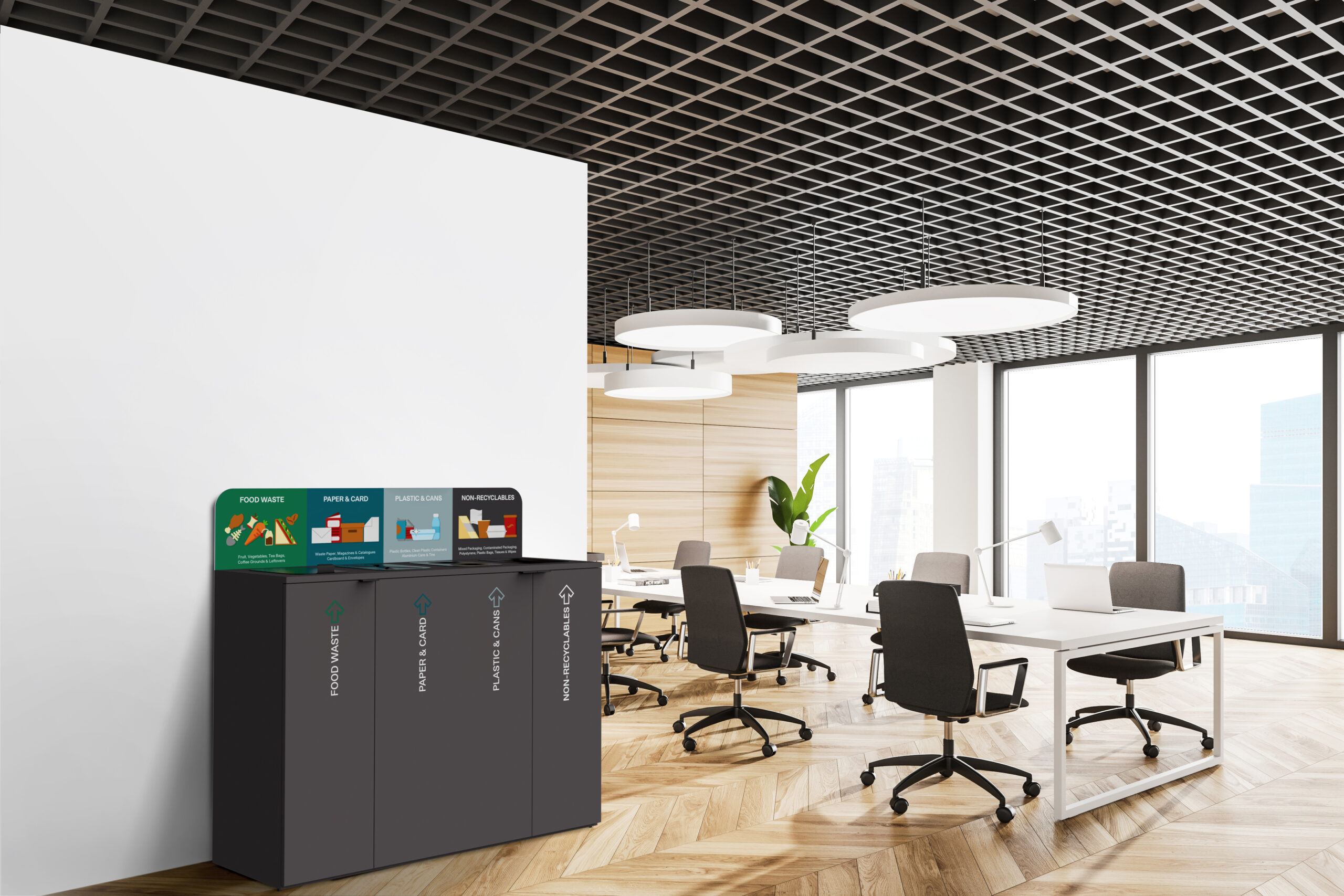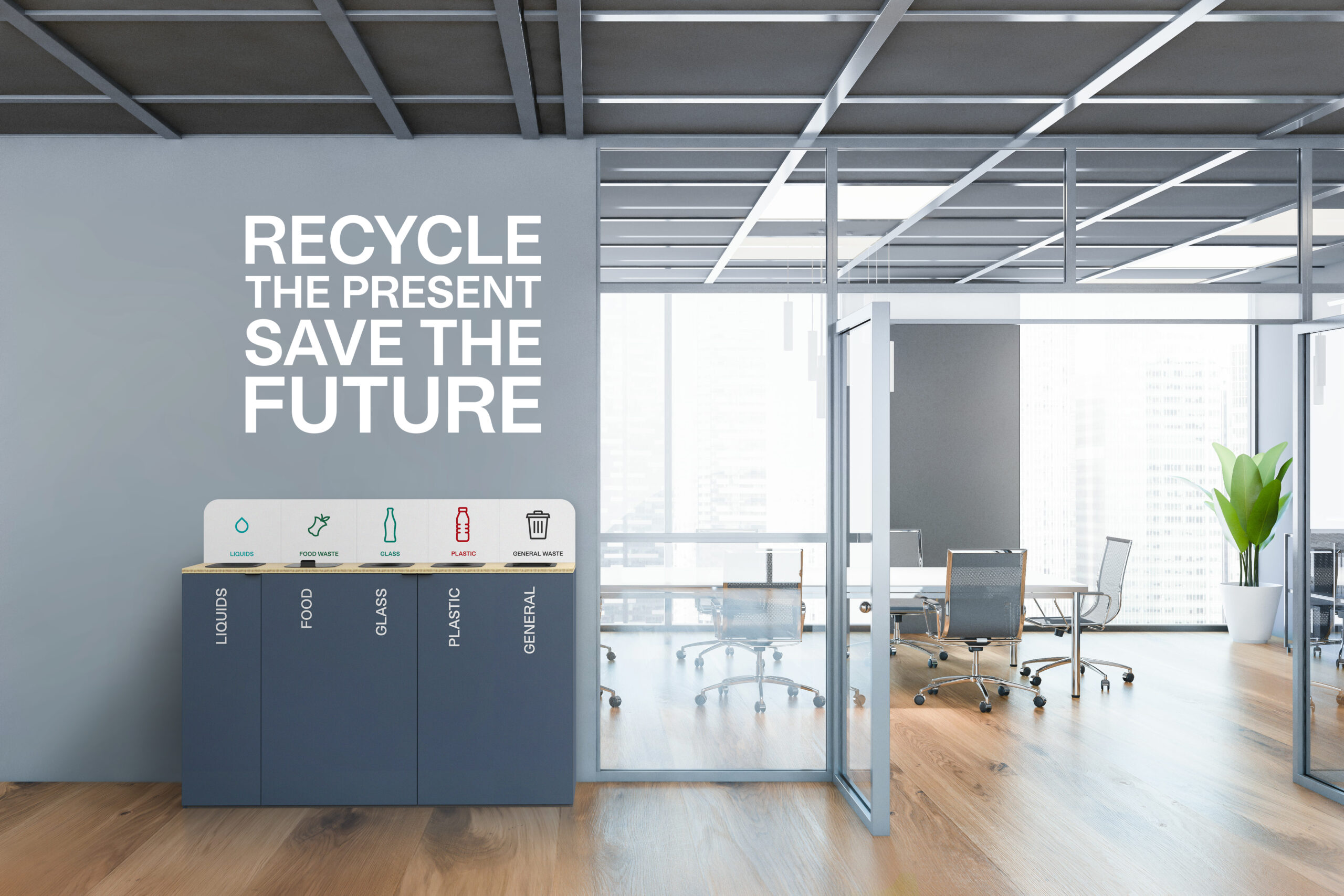As we continuously strive for a more sustainable future, knowing how to dispose of and recycle waste carefully and adequately is crucial. However, we often need to pay more attention to what happens when food items end up in the recycling bin and how this affects the food waste recycling process.
In this article, we will explore how food can contaminate other recyclable materials and highlight the importance of using separate recycling bins for food waste.
What Does Contamination Mean in Recycling?
Recycling is a complex process involving converting used materials into new products. In simple terms, recycling means giving a second life to used materials. However, the recycling process gets disrupted repeatedly due to non-recyclable items or contaminants, such as food waste, infiltrating the recycling stream.
What Happens If You Put Food in the Recycling Bin?
Food contamination can initiate a domino effect of negative consequences when it is mistakenly placed in the recycling bin. This can create a damp, smelly, and bacteria-filled environment that compromises the recyclable materials. Recyclable materials, such as paper, cardboard, plastics, and metals, are particularly susceptible to contamination, and once they are contaminated, they may become unsuitable for recycling.
What are the Main Concerns of Food Contamination in Recycling?
Reduced Recycling Efficiency: Contaminated materials require additional sorting, cleaning, and processing, consuming valuable time and resources. This diminishes the efficiency of recycling facilities and increases the overall cost of recycling operations.
Environmental Impact: Contaminated materials that cannot be recycled are often sent to landfills or incinerators, creating unecessary carbon footprint, and contributing to the depletion of landfill space, which undermines the environmental benefits of recycling.
The Solution – Separate Food Waste Recycling Bins
Embracing separate food waste recycling can significantly enhance the efficiency of our recycling systems. Introducing dedicated bins for food waste is a practical measure to address the contamination challenges recycling facilities face.
By isolating food waste from other recyclables, we can ensure the quality of materials like paper, cardboard, plastic, and glass, allowing for more effective recycling processes. This solution increases recycling rates, reduces general waste costs and reduces environmental degradation and minimises methane production in landfills, helping to mitigate our overall carbon footprint.
Moreover, implementing separate food waste recycling solutions cultivates a sense of environmental responsibility, encouraging individuals to participate actively in sustainable waste management practices. Incorporating separate bins for food waste emerges as a comprehensive solution, fostering a cleaner and more sustainable future for our planet.
Tips for Responsible Waste Management
- Educate Yourself: Familiarise yourself with local recycling guidelines to understand what can and cannot be recycled in your area.
- Use Dedicated Recycling Bins: Implement separate streams for recyclables and food waste to avoid unintentional contamination. Explore our specialised recycling bin range for recyclables and food waste to ensure a seamless and effective waste separation process in any business.
- Rinse Recyclables: Before placing items in the recycling bin, ensure they are clean and food residues-free.
- Explore Composting: Consider composting as an eco-friendly alternative for food waste, contributing to nutrient-rich soil for plants.
We all need to understand the importance of preventing food contamination in recycling bins to manage waste effectively. By separating food waste into designated bins, we can ensure the efficiency of recycling facilities and promote the true essence of recycling – a collective effort towards a cleaner and healthier planet.
Explore our commitment to sustainable waste management. Download our free guides for practical tips and innovative solutions for responsible waste disposal.



